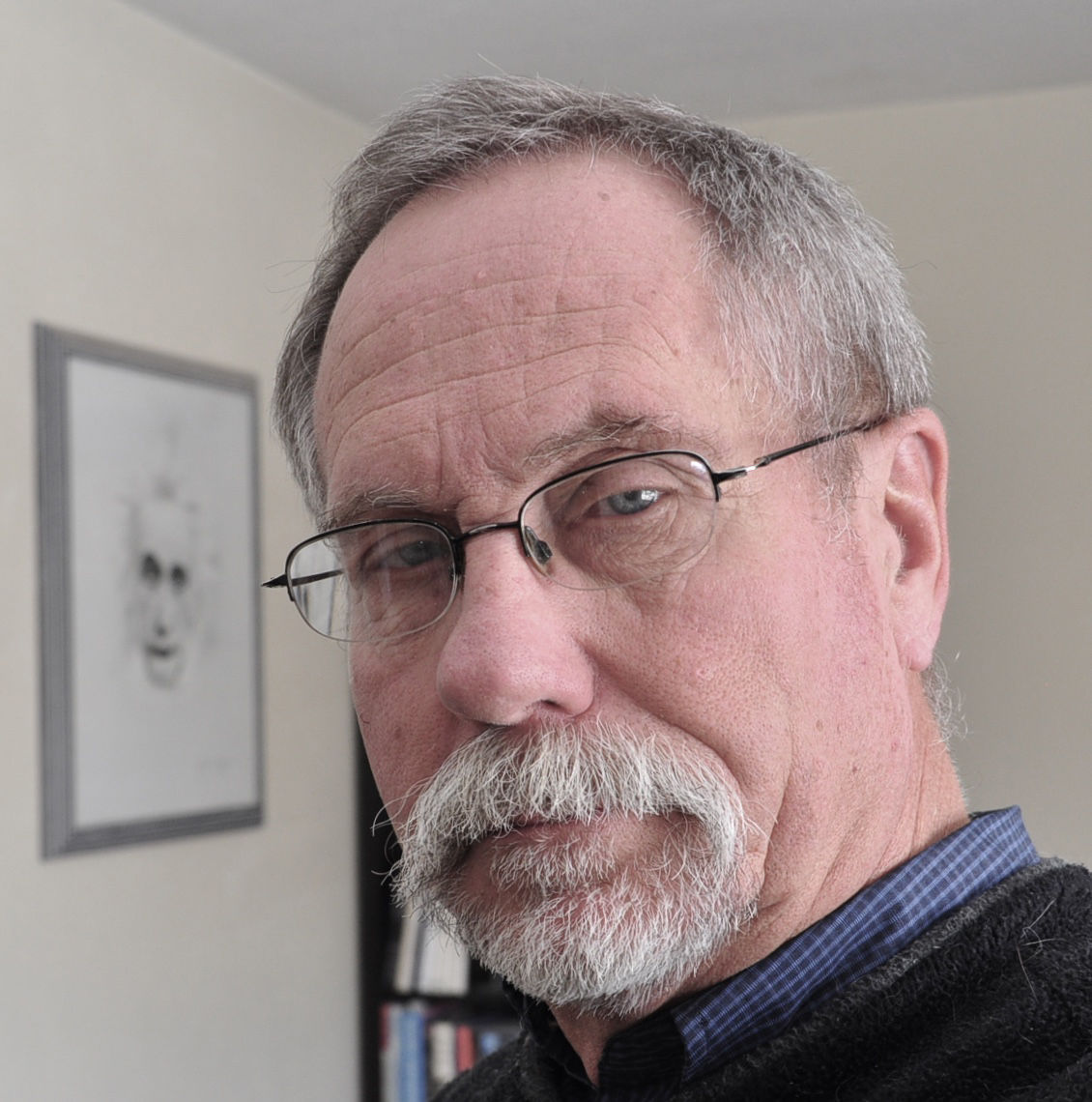The idea of distribution of wealth is not a liberal view; it’s common sense.
I would think rich people would understand people must have money in order to purchase the products produced by the wealthy. Without someone to purchase products, there is no wealth.
President Franklin Delano Roosevelt addressed the issue in January 1944, in the midst of the terrifying days of World War II.
Roosevelt unveiled a huge idea in his State of the Union address. The nation had fought its enemies to ensure its residents remained free, he said, but American citizens could not be truly free if they were constantly worrying about where their next meal was coming from or if they could afford a roof over their heads. “People who are hungry and out of a job are the stuff of which dictatorships are made,” he said.
To remedy this problem, he proposed adding a new set of guaranteed provisions to supplement the country’s founding documents.
He wanted Americans to have the right to a “useful and remunerative” job in America’s industries, shops, farms, or mines. He wanted families to have the right to a decent home, and he wanted everyone to have the right to adequate medical care and the “opportunity to achieve and enjoy good health.”
He thought Americans should have the right to a good education, and the right to adequate protection from the economic fears of old age, sickness, accident, and unemployment. This idea eventually resulted in Social Security and Medicare, indispensible social safety nets today.
These things could define the American Dream: a good job, a home, health care, and security. But it’s interesting that including such provisions in the country’s guiding documents weren’t mentioned until 168 years after America’s founding. (When Roosevelt did it in 1944.)
That’s because our founding fathers, who were extraordinarily insightful, were also rich. Some were slave owners.
They didn’t need a safety net, so they didn’t implement one. Does that sound at all familar?
Speaker of the House Paul Ryan (who has announced he will not seek re-election) wants to eliminate Social Security. So do lots of other wealthy lawmakers.
Of course they do. They don’t need it, they’re wealthy.
It’s another attempt to turn the middle class into a lower class. Why? Because a few people don’t want to pay for a safety net they themselves do not depend upon.
President Donald Trump has said taxes in the United States are the highest in the world. That’s not true.
It’s no surprise Trump would lie about something like that. Denmark is the highest taxed country in the world. The people of Denmark are also routinely said to be the most happy people in the world.
Danish people are happy to pay 50 percent of their income in taxes. For that they get health care, child care, an education through college, and an old age security net.
Basically, they don’t have to worry about what’s going to happen to them.
Do you?
France, Germany, England, Norway, Finland, Sweden, and several other countries in Europe have similar systems. The people in all those countries are considered more happy than people in the United States.
In fact, the United States is the only developed country that doesn’t have universal health care. Most countries implemented universal health care many years ago, before the medical industry and pharmaceutical companies became so powerful.
Now the lobby in the United States is so strong universal health care will likely never happen.
We certainly can’t trust pharmaceutical companies to do the right thing. They are routinely accused these days of creating the opiate crisis we have in the United States. They did it to sell more pills—and get more money.
Several states, including several Utah counties, are suing pharmaceutical companies in the same manner large tobacco manufacturers were sued and are still being sued.
A common complaint about universal health care is that the quality of health care isn’t good.
That’s not true. That’s a myth perpetrated by those who make money from the health care industry.
The Patient Factor puts the United States health care system at number 37 in the world, just behind Costa Rica and just ahead of Slovenia. France is ranked number one.
That is, of course, for everyone but rich people, who can afford the very best health care.
How wealth disparity threatens American Dream

STEVE CHRISTENSEN
